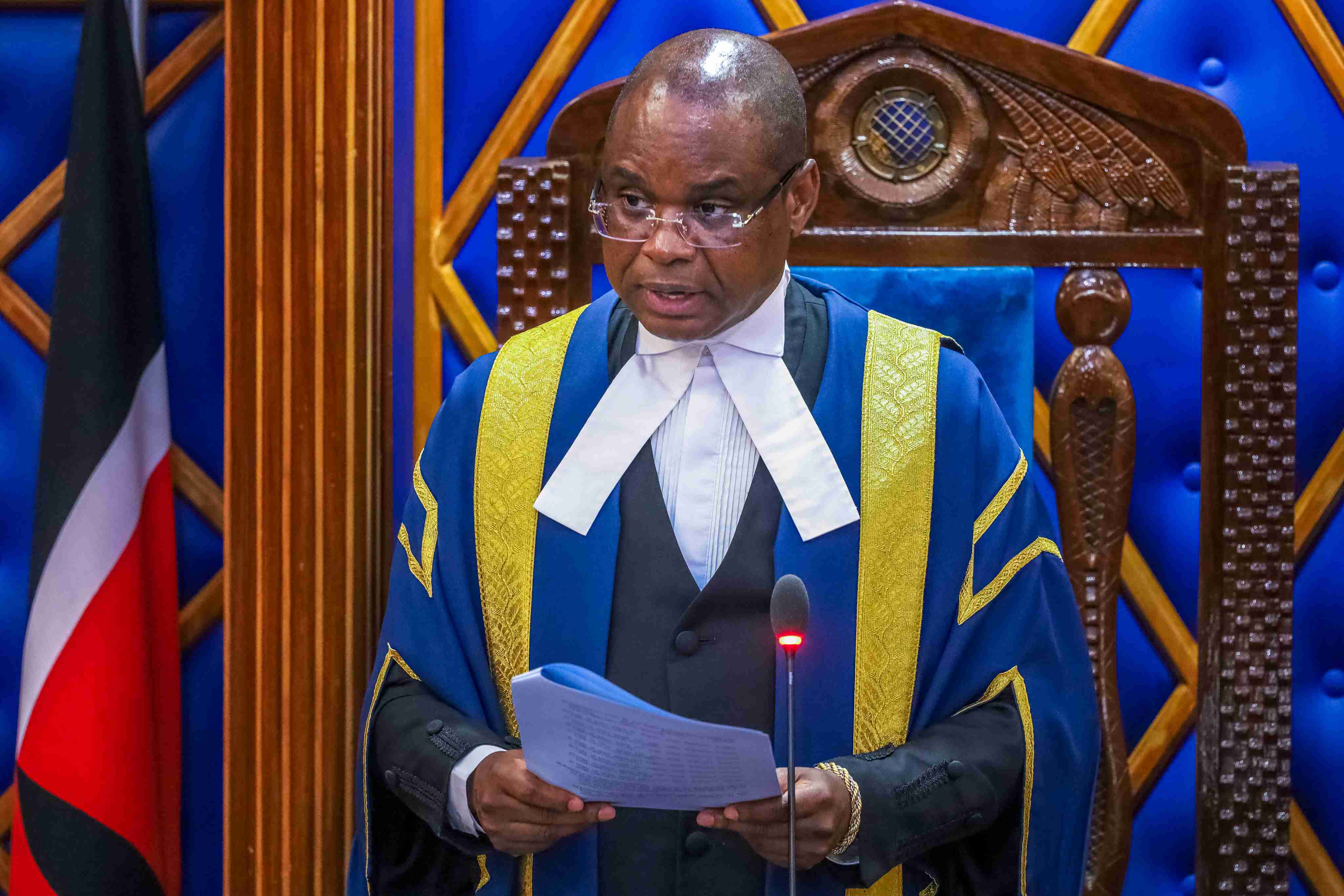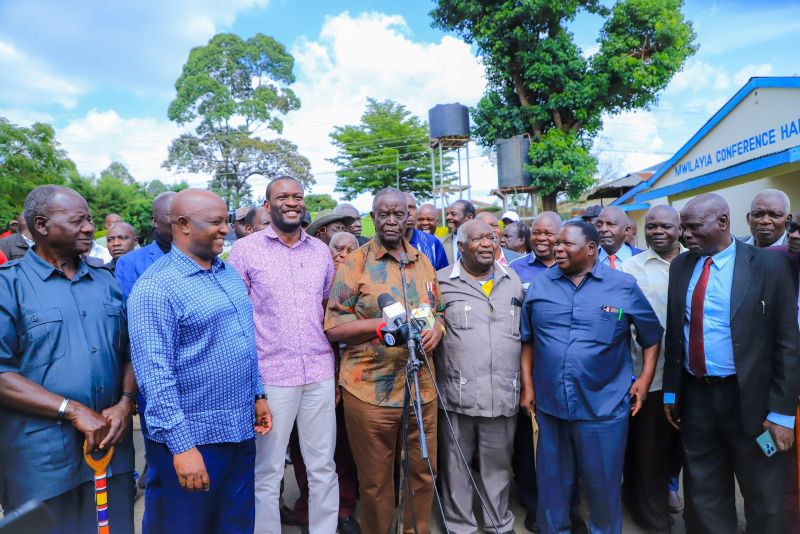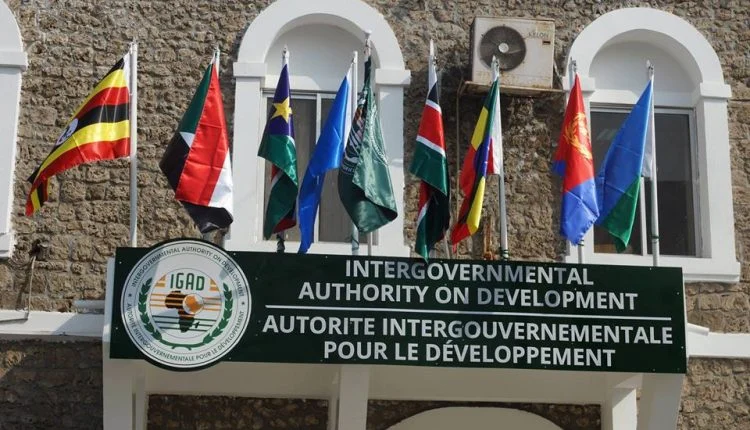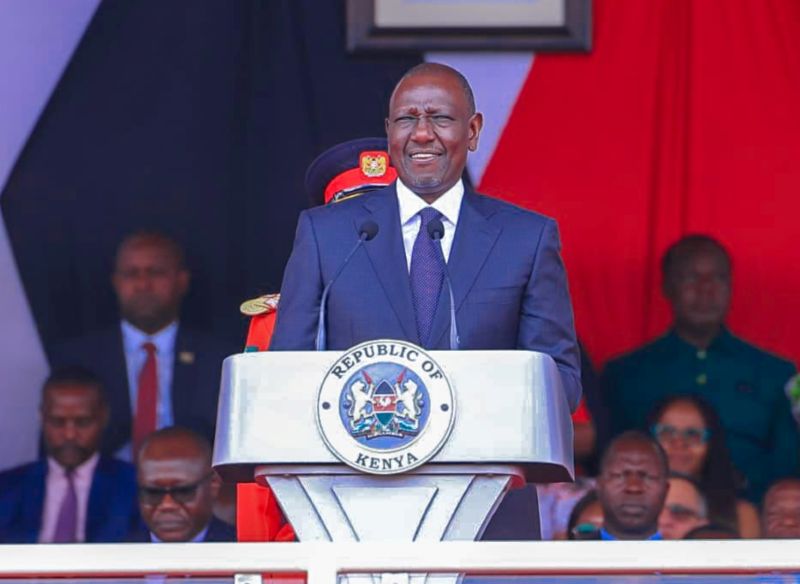Kericho Governor Mutai’s impeachment trial to proceed as Senate Speaker Kingi dismisses preliminary objections

He explained that some of the grounds listed by the governor in written submissions were not pursued in the hearing and therefore would not be considered.
Senate Speaker Amason Kingi has dismissed preliminary objections raised by Kericho Governor Erick Mutai seeking to stop his impeachment proceedings.
Mutai’s defence team, led by lawyer Katwa Kigen, had challenged the integrity of the process initiated by the County Assembly, arguing that the motion failed to meet the mandatory two-thirds majority required under Section 33(2) of the County Governments Act, 2012.
More To Read
- Senate’s handling of Nyaribo impeachment raises questions on oversight role, procedures
- Three MCAs deny voting in Governor Nyaribo impeachment, file criminal complaint
- Senate moves to tighten impeachment process after repeated failed attempts against governors
- Sakaja to face over 20 charges as MCAs' impeachment drive gathers momentum
- Governor Erick Mutai breaks silence after surviving impeachment
- Kericho Governor Erick Mutai survives impeachment for second time as Senate rules threshold not met
Kigwen noted that 18 members did not vote whatsoever on August 15, 2025, as they were in opposition to the motion.
“The maximum voting MCAs would have been 29 MCAs. The required statutory threshold is 32 members of the County Assembly to support the motion, which was therefore not achieved,” he said.
However, in a ruling on Wednesday, Kingi said the objections lacked merit, clearing the way for the Senate to proceed with the hearing into Mutai’s ouster case.
He explained that some of the grounds listed by the governor in written submissions were not pursued in the hearing and therefore would not be considered.
“The impeachment process belongs to the parties. The Senate can only make a determination on matters argued before it,” he said.
The governor also challenged the online voting system, which he said lacked credible security.
“The voting process was so deficient and was manipulated, hence the Senate cannot act on it. The Senate should not accept to consider and decide on the motion,” Kigen added.
According to Mutai, login credentials for MCAs, consisting of national ID and payroll numbers, were sent via SMS with no secure verification, opening the door for impersonation and vote manipulation.
Assembly lawyer Elisha Ongoya, however, defended the electronic voting process. He said concerns about multiple votes were due to duplications during log printing, not actual double voting.
“Mr Wanyama said that he personally logged into this system and voted. That qualifies him to be a witness who needs to demonstrate to this House how he voted, and therefore be a proper subject of cross-examination. Anything short of that…is nothing more than mere sensationalism, and I beseech you to treat it as such,” Ongoya said.
Mutai also alleged that the motion’s sponsor, Kiprotich Rogony, fraudulently voted on behalf of another MCA, and that some members counted as voting for the motion lacked smartphones, internet access, or even their mobile handsets. Ongoya countered that the MCAs had been provided laptops in September 2024 to facilitate online voting.
Mutai’s lawyers further highlighted procedural irregularities, noting that “no electronic voting infrastructure was installed in the Assembly chambers, and the platform used was pulled down immediately after the vote.”
Discrepancies between the official Hansard transcript and audio recordings, including omissions of objections raised during the session, were also cited as evidence of procedural failures.
In response, Kingi noted that while the governor’s objections were important, they raised factual questions requiring evidence.
“The only way for the Senate to determine these questions is to receive evidence on the matter, evaluate the same, and make a finding based on the preponderance of evidence,” he said, adding that the preliminary objection would now be subsumed into the main hearing.
He explained that if, after hearing evidence, the Senate finds that the two-thirds threshold of 32 MCAs was not met, the impeachment process will end immediately. If the threshold is confirmed, the Senate will proceed to determine whether the impeachment charges are substantiated.
Mutai, impeached by the County Assembly on August 15, 2025, has pleaded not guilty to all three charges: gross violation of the Constitution, abuse of office and gross misconduct.
Top Stories Today













































